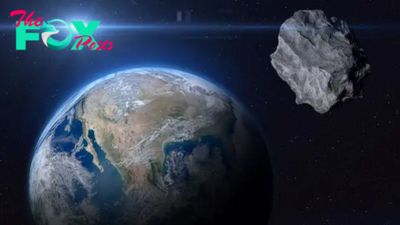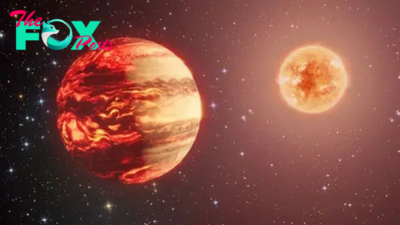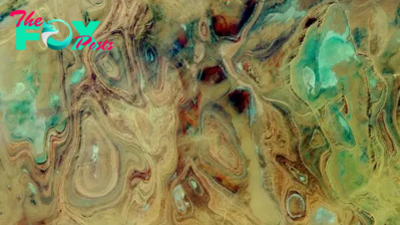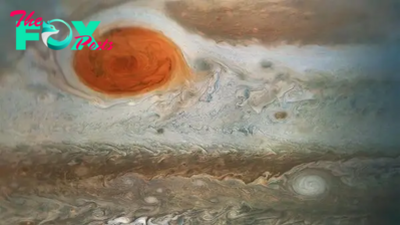Science
Have days on Earth always been 24 hours?
Once every 24 hours, Earth completes one rotation on its axis, marking one day on our planet. This reliable rotational period is what allowed humans to develop systems to tell time and what signals to humans, Animals and plants when it is time to rest.
But Earth's rotation hasn't always been so consistent. In fact, a long, long time ago, Earth's day was much shorter, said Sarah Millholland, an assistant professor of physics at MIT.
"The Earth has experienced days that were both shorter and longer than it is now at different points in History," Millholland told Live Science in an email. "Most importantly, it was affected by tidal interactions with the moon. About a billion years ago, the length of day was only about 19 hours."
Early in the planet's history, Earth's rotation may have even been shorter than 10 hours, Konstantin Batygin, a professor of planetary science at Caltech, told Live Science in an email. This speedy rotation was the result of a huge, moon-forming impact with a Mars-size protoplanet that accelerated Earth's angular momentum while breaking off enough of the planet's surface to form the moon. The moon's tidal effects eventually worked on the Earth to slow it back down, Batygin said.
Earth's day has even been longer than 24 hours, Millholland said, although only by a few milliseconds as a result of subtle changes to the planet's molten core, oceans or atmosphere.
Related: Which way does Earth spin? What about the other planets?
Earth's rotation is actually evidence of its planetary origin story, Millholland said. How quickly a planet rotates is determined by how it was formed when dust, rocks and gas that circled the sun in a protoplanetary disk came together in space. Exactly how forcefully these pieces collide helps determine a planetary body's angular momentum, or how quickly it spins. You can think about it like spinning a bottle: the more force you apply, the quicker the bottle will rotate.
-

 Science14h ago
Science14h agoMountain-size 'planet killer' asteroid will make a close approach to Earth this week — and you can watch it live
-

 Science1d ago
Science1d agoGaia space telescope helps astronomers image hidden objects around bright stars
-

 Science1d ago
Science1d ago'The early universe is nothing like we expected': James Webb telescope reveals 'new understanding' of how galaxies formed at cosmic dawn
-

 Science1d ago
Science1d agoEarth from space: Near-lifeless 'Land of Terror' looks like an alien landscape in the Sahara
-

 Science2d ago
Science2d agoSaturn's planet-wide storms driven by seasonal heating, Cassini probe reveals
-

 Science2d ago
Science2d agoHuman ancestor 'Lucy' was hairless, new research suggests. Here's why that matters.
-

 Science2d ago
Science2d agoSpace photo of the week: Hubble roars back to life with exquisite image of nearby galaxy
-

 Science3d ago
Science3d agoIs Jupiter's Great Red Spot an impostor? Giant storm may not be the original one discovered 350 years ago

















